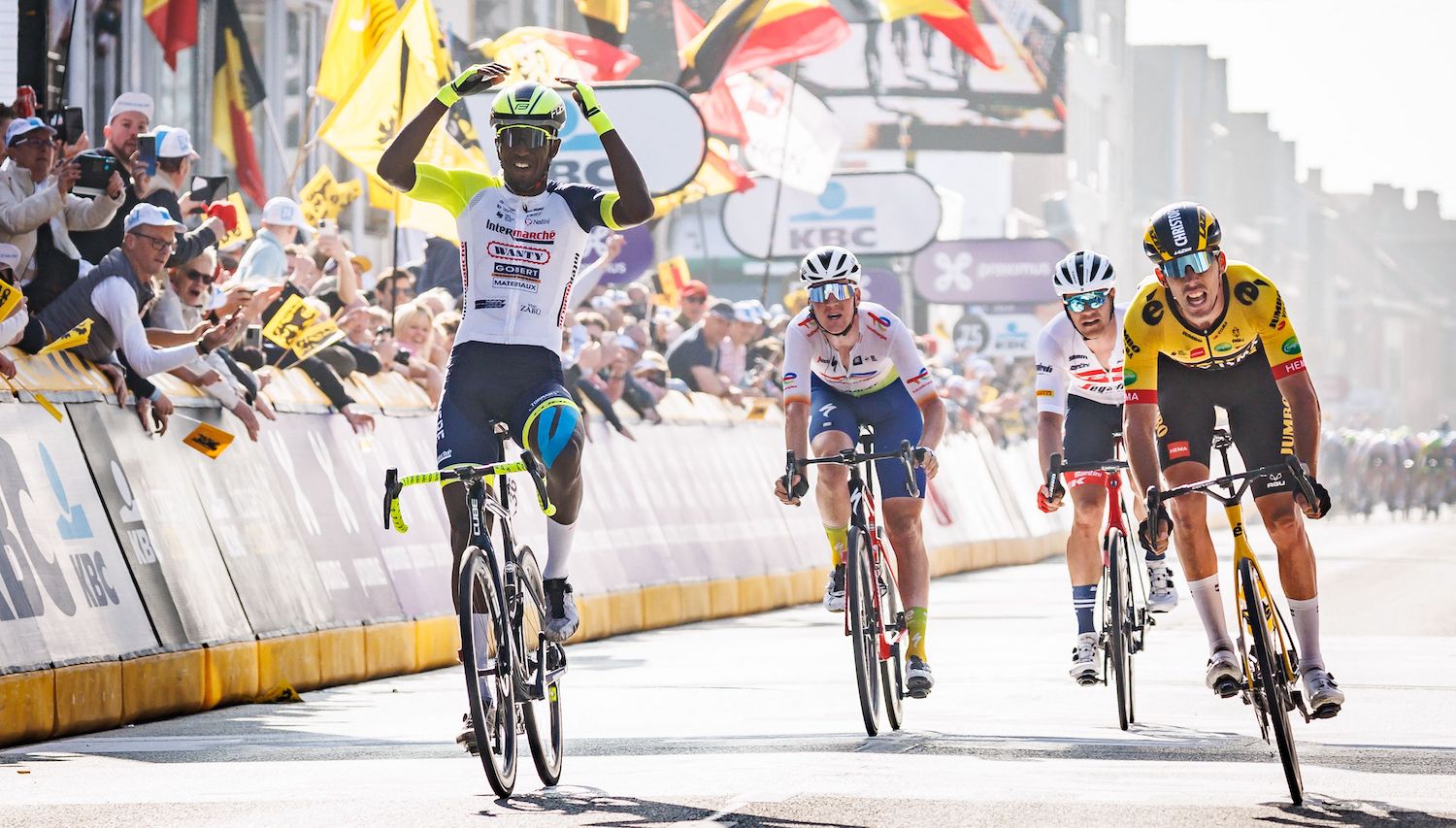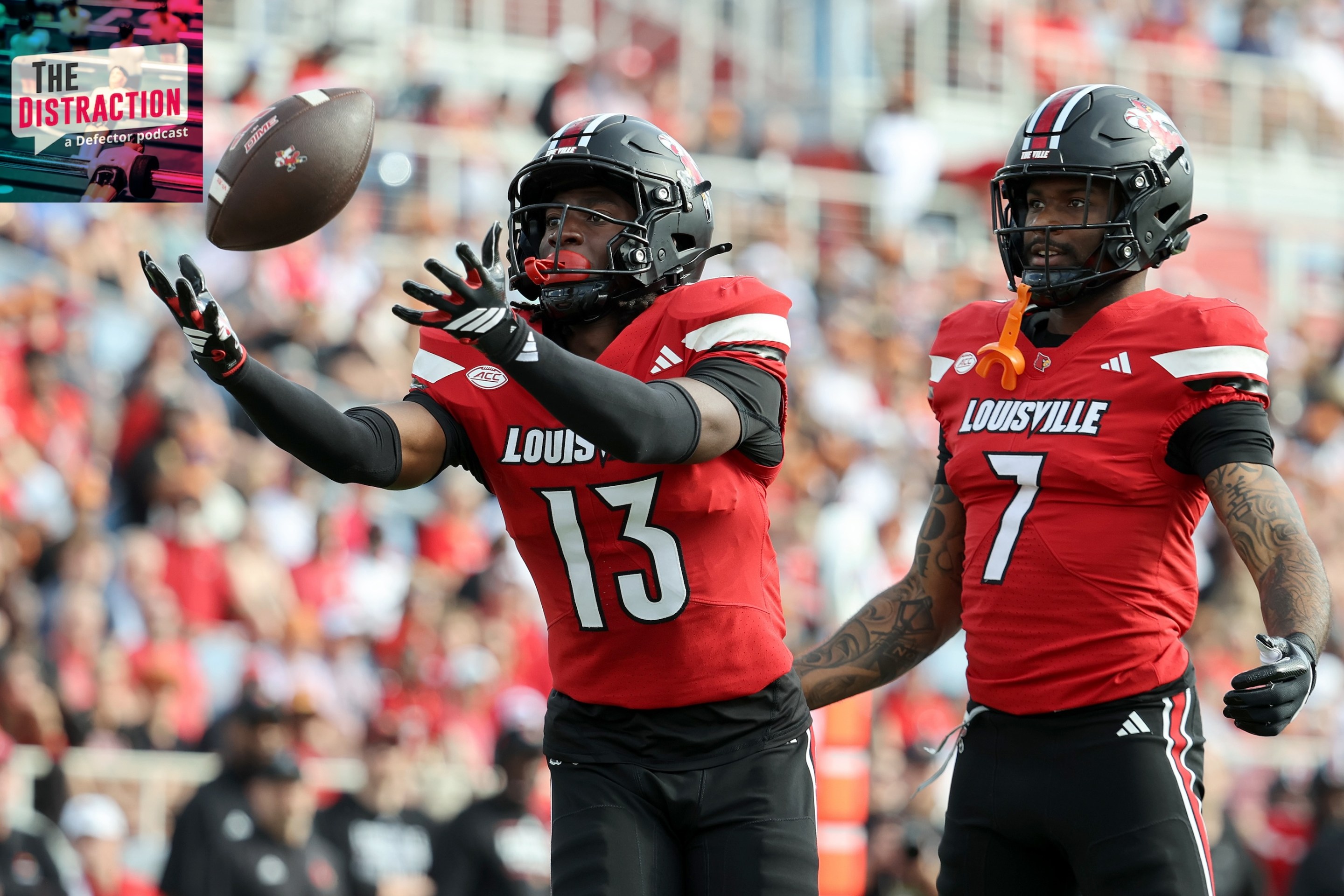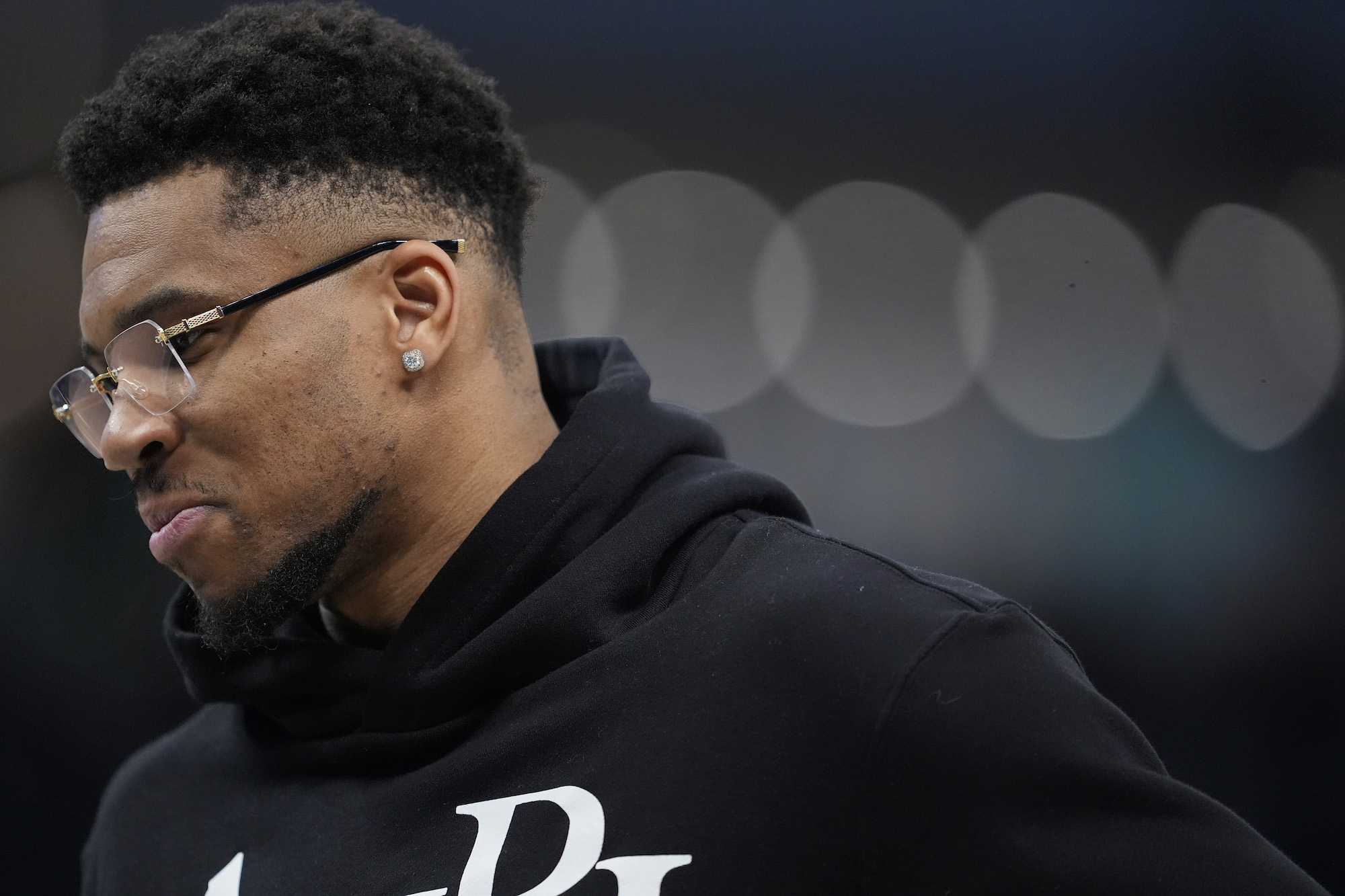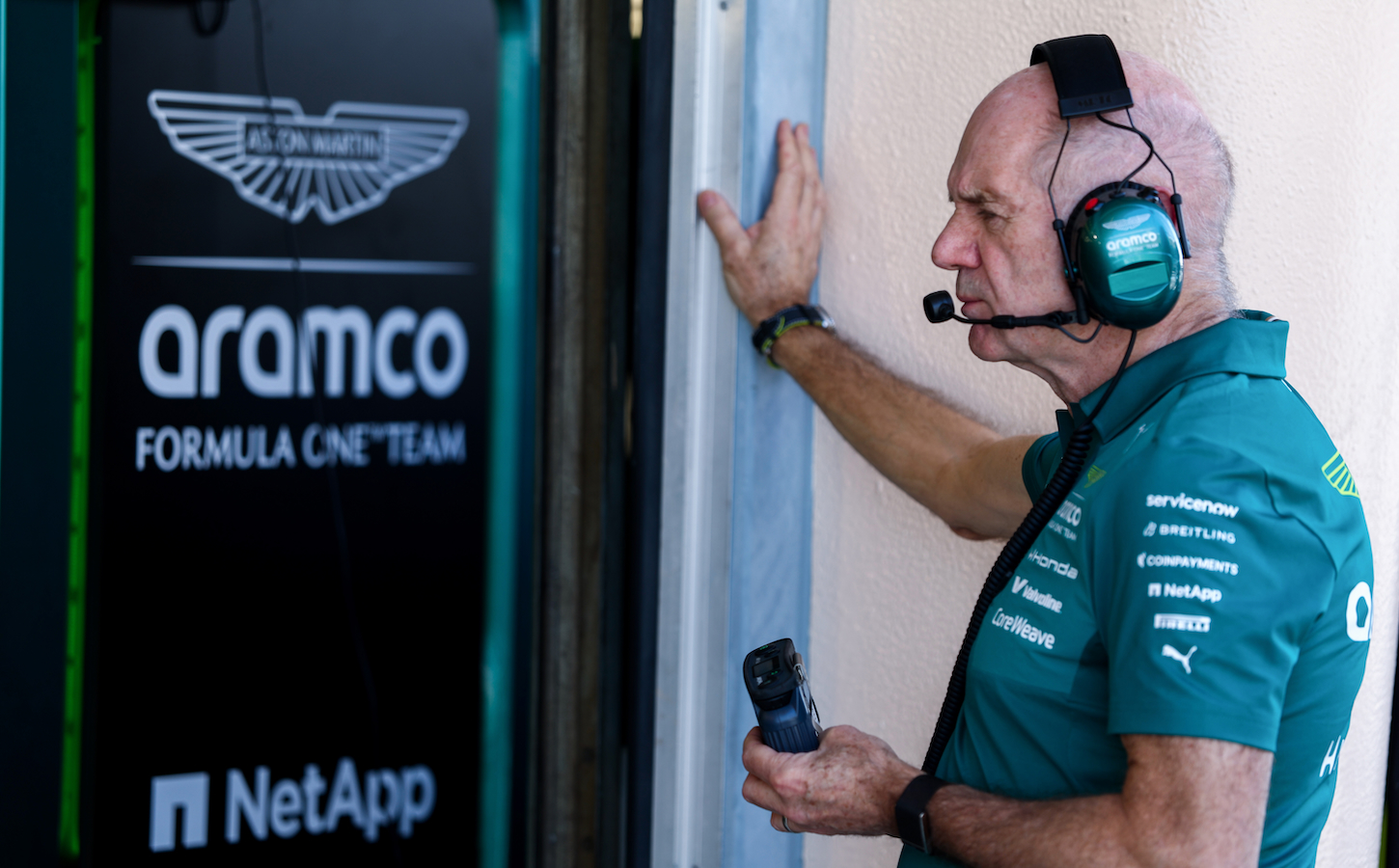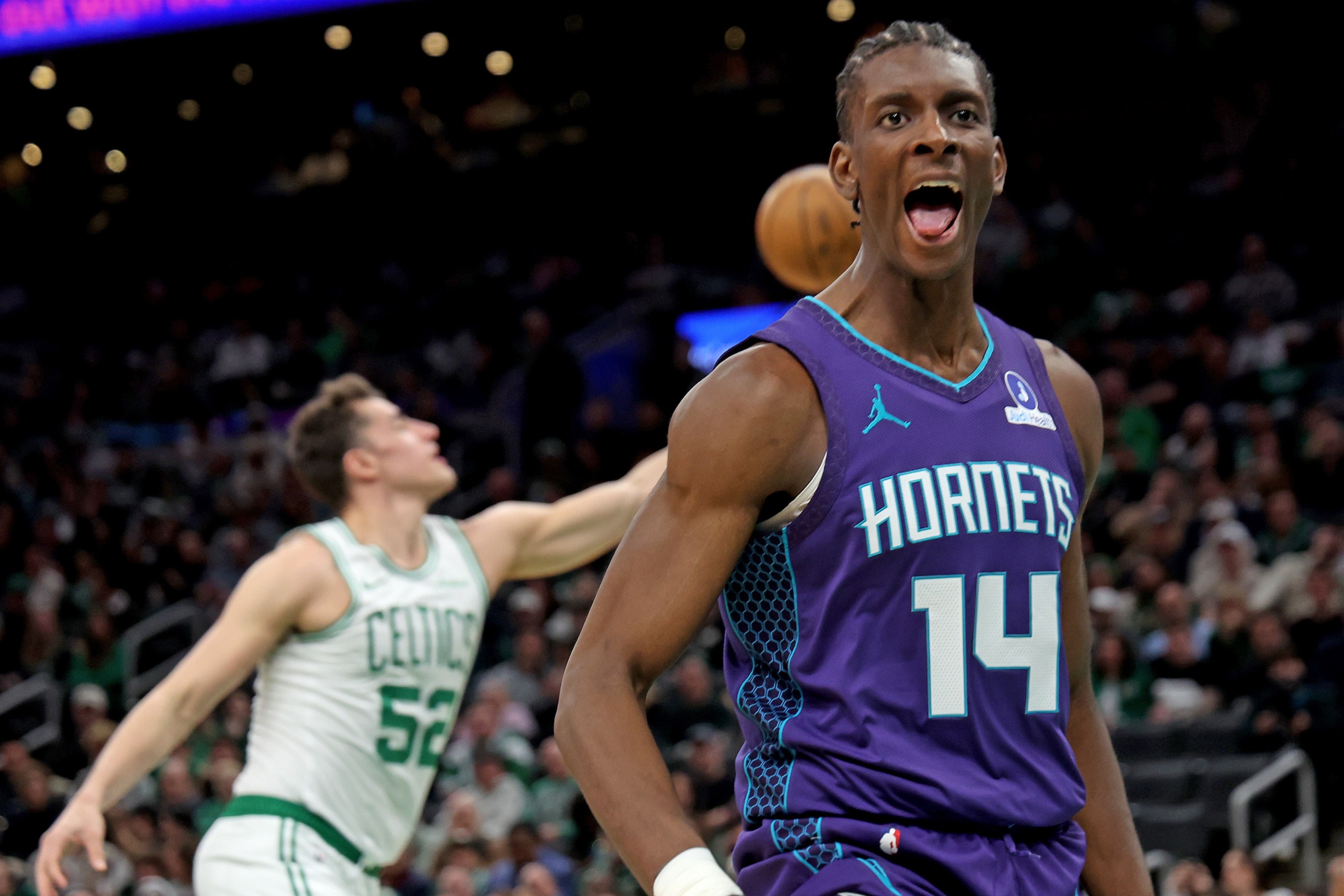With 24 kilometers left in the Gent–Wevelgem, after 220 kilometers of testy racing and several of the biggest names in the professional peloton failing to find the winning move, a four-man group finally made an attack stick. Jasper Stuyven, Christophe Laporte, Dries Van Gestel, and Biniam Girmay had weathered hostile terrain and a nervous peloton who'd spent the previous 50 kilometers reeling back elite groups to make the final selection, and the quartet rolled into Wevelgem to contest a four-up sprint for the finish. The rule in anxious finishes like this is, Make your move as late as you can, but before everyone else. The three experienced cobbled classics riders and Girmay had enough time to take the measure of each other, until Girmay, the last man in the group, swung out wide to the right side of the road and dared everyone to follow him. Nobody could.
Chapeau Biniam Girmay. Gent-Wevelgem. Up Eritrea. Up Africa. pic.twitter.com/O5rqML0r4G
— Lidudumalingani (@Lidudumalingani) March 28, 2022
This was the moment that African cycling has been waiting on for decades. Girmay, who is from Eritrea, became the first black African rider to win a cobbled classic, and while many Eritrean riders have raced professionally at the highest level for years, Girmay's breakthrough win is a monumental step forward in the African cycling project. While there have been successful white South African riders in the peloton, and while several Eritrean riders have raced in the Tour de France, none of them ever won a cobbled classic. Girmay's win was reasonably surprising, given its historic nature and his own last-minute participation in the race, but he's shown himself to be the continent's best prospect for years now.
Girmay's first big moment came in the summer of 2018 at the junior level, when he outsprinted Remco Evenepoel, one of the sport's best young riders, to win the first stage of Aubel–Thimister–Stavelot. Evenepoel had spent the last year of his junior career winning everything; two weeks before he lost to Girmay, he won the European championships by almost 10 minutes. Impressive results kept coming for Girmay, most notably a silver medal at the U-23 World Championships last Fall. He joined Intermarché–Wanty–Gobert Matériaux in 2021, during the small Belgian team's first year at the World Tour level, and he confirmed his promise by racking up an impressive string of top-10s in various stage races and one-day classics. The question was not whether or not he would stick at the highest level of cycling, but rather, how much he could achieve there.
Intermarché didn't even plan to have Girmay start Gent–Wevelgem on Sunday, but he forced the team's hand by showing out in his early-season program. The Eritrean rider won a stage of January's Challenge Mallorca by outsprinting an elite field, then acquitted himself marvelously at the onset of Classics season. He went 10th in Milano-Torino, then posted a strong 12th place in his first Monument Classic (Milan–San Remo) days later. That sort of strong racing in Italy would be a worthwhile accomplishment for any 21-year-old in his first full World Tour season, but it was just a prelude for Girmay. "I race to win, not just to ride along," he told Belgian paper Het Nieuwsblad.
Girmay nearly did just that in his cobbled debut. He took the start line at E3–Harelbeke despite having never ridden up its famed cobbled climbs until the race itself, and he very nearly made the podium. When Laporte and Wout van Aert leapt clear on the Paterberg, Girmay was the last man to crack, and he led a valiant yet ultimately futile chase to reel the two riders back in before helping keep a small group of chasers away from the peloton. It was a thrilling announcement of Girmat's intentions and also his power. But winning Gent–Wevelgem is a bit more complicated. It is the most prestigious of the three pre–Tour of Flanders Belgian cobbled classics, a less physically brutal experience than E3 or Flanders but one that demands more sophisticated racecraft to outwit a peloton more empowered by the calmer terrain. Each of the foreboding cobbled climbs takes on more importance, as the winning move could come at any time.
Initially, Girmay was not even supposed to start the race, but after he dominated E3, his team encouraged him to go after Gent–Wevelgem. Girmay navigated several high-speed crashes, fought for position on some of the hardest roads in Belgium, then played the finale with the cool of a veteran. "I think it's such an important race, especially for me and my team and, of course, also for African cycling," Girmay said after the win. "This is a really important moment for us."
Daniel Teklehaimanot, Tsgabu Grmay, Merhawi Kudus, and Natnael Berhane are the most notable of Girmay's Eritrean predecessors in the professional peloton, but other than Teklehaimanot's brief stint in the Tour de France's polka dot jersey in 2015, nobody has ever had a moment comparable to Girmay's victory this weekend. Cycling has been one of the biggest sports in Eritrea since Italy colonized the country in the 1930s, and while Eritrean riders have dominated continental competition, the country is relatively isolated and opportunities to take the biggest stage in the sport have been hard to come by. The now-dead MTN-Qhubeka project helped establish a pipeline for Eritrean talent, a pipeline one assumes Girmay's win will help strengthen.
As for Girmay, everyone wants him to go after a win at the Tour of Flanders, but he's going back home to celebrate his 22nd birthday, reunite with his family after months away, and prepare for the Giro d'Italia with some serious high-altitude training. Now that he's announced himself on the world stage, he'll get prime opportunities to race for himself and keep building his legend. As one of the best riders on a small team, Girmay doesn't have to spend time working for teammates as often as he would if he were on most other World Tour teams. This level of freedom is rare for 21-year-olds, but not for classics winners. He has the talent to build on this.
